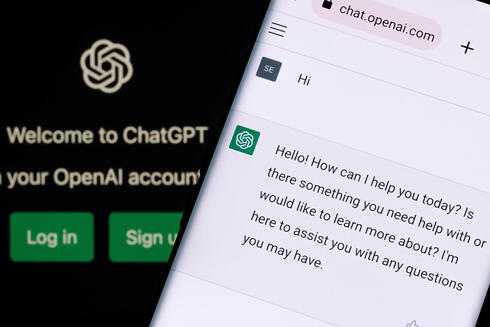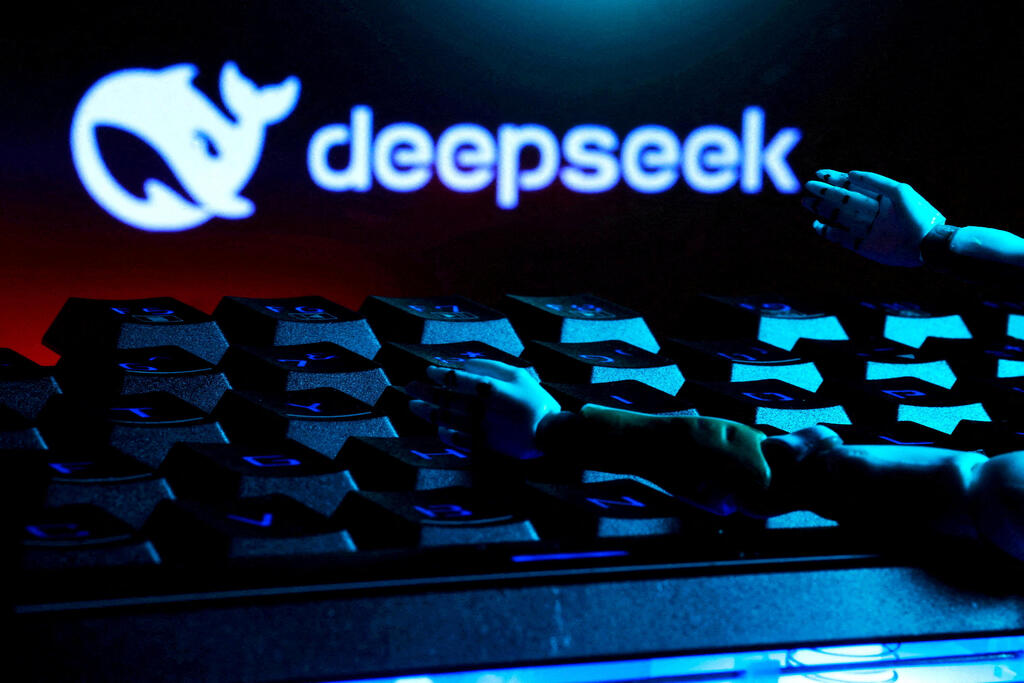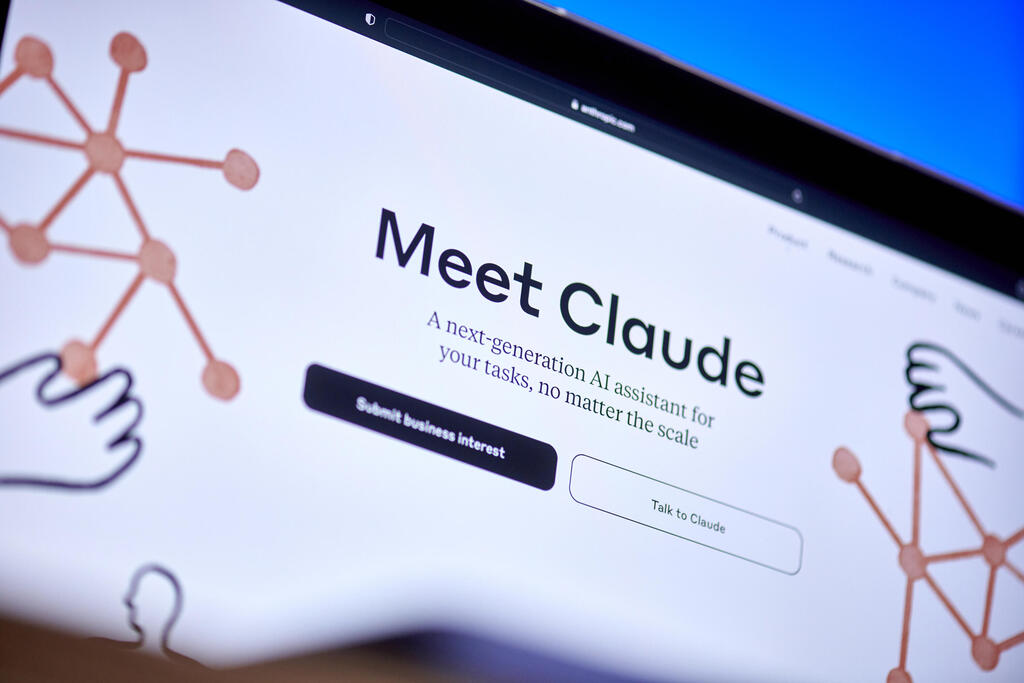
2025’s most popular AI chatbots, tested and reviewed
The highs, lows, and surprises of ChatGPT, Grok, Gemini, Claude, and DeepSeek
Artificial intelligence has revolutionized the world in recent years, and chatbots have become a daily tool for millions. This technology has fundamentally changed the way we work, learn, and create, transforming industries ranging from education and customer service to software development and content production.
The market is led by major players such as OpenAI with ChatGPT, Google with Gemini, and Anthropic with Claude, alongside many others. Each platform offers unique strengths: from advanced text generation and data analysis to coding assistance and integration with external tools. Differences lie not only in capabilities but also in pricing, interface, and security practices.
According to Aitools.xyz, as of March 2025, ChatGPT is the world’s most-used AI chatbot by a wide margin, with 5.6 billion monthly visits. It is followed by China’s DeepSeek with 647.6 million, Elon Musk’s Grok (160 million), Gemini by Google (154.3 million), and Claude by Anthropic (128.9 million).
To help you navigate the crowded landscape, we reviewed the five most popular AI chatbots, each with distinct advantages for different types of users. Rather than declaring a single “best” model (because the right tool depends entirely on your needs), we’ve categorized them by their nature and strengths.
Pro tip: The AI landscape evolves quickly. A tool that feels limited today might outperform its rivals after its next update. Don’t hesitate to experiment.
The Popular One – ChatGPT
OpenAI’s ChatGPT burst onto the scene in November 2022 and became a global phenomenon, reaching 100 million users in just two months. Its standout advantage is versatility: ChatGPT may not be the absolute best at every task, but it performs a wide variety of them reliably, content creation, summarization, brainstorming, complex problem-solving, and coding.
Its memory feature is another key strength. It can recall details from previous chats, like your preferences, communication style, and ongoing projects (free users must enable this manually, while paid users can opt into automatic memory). ChatGPT also includes features like live web search, research mode (Deep Research), image generation, and a visual workspace (Canvas). It’s available via web, mobile, and even WhatsApp.
Pricing:
- Free: Access to GPT-4o with message limits, and 5 Deep Research queries/month.
- Plus ($20/month): Full access to GPT-4o and limited access to GPT-4.5 and o1.
- Pro ($200/month): Full access to GPT-4.5 and o1, and 250 Deep Research queries.
Bottom line: If you’re choosing just one chatbot, ChatGPT is the most well-rounded option.
The Controversial One – DeepSeek
Chinese chatbot DeepSeek made headlines when it launched the R1 model, claiming impressive performance at a low development cost of $6 million. But the platform's main drawback is its data policy: user data is stored on servers in China and may be shared with government agencies. In January, cybersecurity firm Wiz uncovered a major breach affecting over a million sensitive records, including chat histories.
Still, DeepSeek has useful features like real-time search and DeepThink (which shows how the model reasons). It handles programming, summarization, and content creation decently, though users report ideological bias and censorship. It lacks multimedia capabilities and has limited conversational fluency.
Pricing:
- Free: 2 requests/day.
- Pay-as-you-go: $0.05/request (min. 100).
- Pro ($19.99/month): Unlimited access, priority support, advanced features.
Bottom line: If privacy and transparency aren't your top concerns, DeepSeek offers strong functionality at a relatively low price.
The Witty One – Grok
Launched in February by Elon Musk’s xAI, Grok 3 is distinguished by its playful and sarcastic tone. A key feature is its integration with X (formerly Twitter), where you can tag @Grok in posts to get public replies in real time.
Grok supports DeepSearch and DeeperSearch for live data analysis, has a Think mode, and includes basic image generation. However, it lacks a visual workspace (like Canvas) and does not integrate with third-party apps. It’s also one of the pricier options.
Pricing:
- Free: Limited access to Grok 3, Think, and DeepSearch.
- Premium ($30/month or $300/year): Full access, memory, advanced features.
Bottom line: For real-time research and a fun user experience, Grok is your best bet.
The Integrated One – Gemini
Initially launched in December 2023, Gemini didn’t immediately stand out, but that changed with the release of Gemini 2.5 Pro. Free users get a basic experience, but subscribers gain significant advantages, including one of the widest context windows in the industry. That means Gemini can analyze large documents, retain more context, and cross-reference information effectively.
Gemini also excels at integration with Google Workspace, you can draft Gmail messages, rewrite Docs, analyze Sheets, and summarize meetings. Other highlights include personalization via your Google Search history, as well as connections to Google Flights, Maps, YouTube, and more.
Pricing:
- Free: Access to Gemini 2.5 Flash and limited 2.5 Pro.
- Pro ($19.99/month or ₪74.90/month): Access to advanced models, Google app integration, and tools like NotebookLM and Whisk.
Bottom line: If you're deep in Google’s ecosystem and work on long, complex tasks, Gemini is a smart upgrade.
The Programmer's Pick – Claude
Developed by Anthropic, a company founded by former OpenAI employees, Claude is especially popular with developers. Its Claude 4 series offers strong code comprehension and project-level context handling. The Claude Code tool allows command-line interactions like editing, debugging, testing, and documenting code using plain English.
Claude also supports Google Workspace integration for paying users and is favored by content creators, especially Hebrew speakers, due to its natural language abilities. Its downsides: it can’t generate images, and while it recently added web search, the feature is still lagging behind competitors. It also lacks memory between sessions.
Pricing:
- Free: Access to Claude Sonnet 4 with limits.
- Pro ($20/month or $200/year): Claude Opus 4, Projects, Extended Thinking, and Workspace integration.
- Max ($100+/month): More usage, Claude Code access, and advanced integrations.
Bottom line: If you’re coding or creating content, especially in Hebrew, Claude is worth a try.



















